Questions for Christians
- Why take on the environment when so many other urgent justice issues demand our attention?
- Is there any relationship between saving trees and saving souls?
- What can we do, realistically, to address climate change after all the damage that’s been done?
Overview
Environmental justice can seem like an irrelevant, distant or distracting problem compared to the immediacy and urgency of racism, gun violence, lack of affordable housing, health disparities, political mayhem, and so many other woes. Yet to pit one need against another posits a false choice, because environmental issues overlap with every other issue. To take one example, the plastic bottle I drop on the ground combines with other trash to send the message that my neighborhood is less loved, less valuable than others, and ultimately not worthy of a tree-planting campaign that would reduce heat and clean the air. The poor air quality causes asthma in children, which forces them to miss school and their guardians to miss work in order to care for them. The same bottle ends up in the ground water that washes into the river, contaminating the water and making it unsafe to fish or swim. Perhaps it ultimately dissolves in the ocean, leaving tiny particles that kill fish, thereby reducing the catch of fishermen in another country, which in turn exacerbates hunger, unemployment, and social unrest that spill over borders.
While a story of one bottle might seem either simplistic or exaggerated, it helps us recognize the interconnectedness of our actions and unintended outcomes—from individual to local to national to international, touching on health, education, employment, racism, poverty, climate change, even war.
Unfortunately, faith communities have rarely focused on environmental justice, which is strange considering it is woven throughout the scriptures, from Genesis to Revelation. In the beginning God creates an ecosystem teeming with life and pronounces it “good.” God then charges humans, made from the very dust of the planet and infused with God’s own breath, with the task of caring for this world and encourages them to flourish. Almost immediately, human sin shows up and spoils things, affecting the relationship not just between people but also between and creation. Mosaic law gives commandments regarding land use and other agrarian practices (Exodus 23, Leviticus 25). The Prophets speak of the land mourning, the birds of the air and the fish of the sea perishing (Hosea 4) because of human sin. Conversely, the Prophets depict hope by painting images of animals co-existing peacefully (Isaiah 5, 11), trees and vines bearing fruit, vats overflowing with wine and oil (Joel 2).
The New Testament refers to Christ as the One through whom all things in heaven and on earth were created (Colossians 1, John 1). It acknowledges that all creation groans (Romans 8). The scriptures end with a beautiful new earth containing a river as clear as crystal and the tree of life resplendent with leaves of healing (Revelation 22). Throughout the scriptures we see God hovering, breathing, rejoicing over and renewing Creation (Psalm 104). Once we acknowledge the multitude of references to the environment in the scriptures, it becomes impossible to ignore them. Clearly the created world is a gift about which God cares deeply.
The amount of ice Greenland lost—per year—between 1993 and 2016. Antarctica lost about 127 billion tons of ice per year during the same time period. (NASA)
That’s how many mangroves are lost every year, removing an important buffer from extreme weather for coastal communities and releasing immense amounts of carbon dioxide into the atmosphere. (Conservation International)
Every US$1 invested in land restoration generates, on average, 10x the return on investment. (Conservation International)
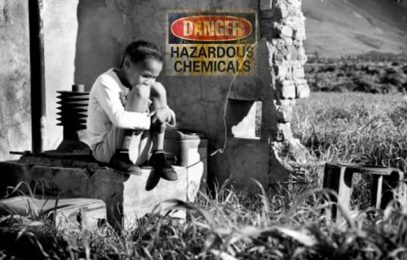
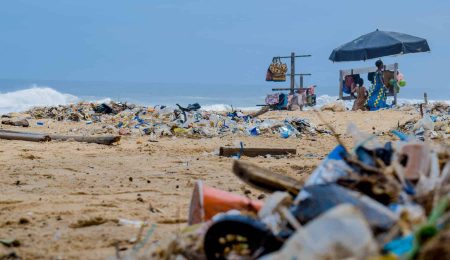
Why it matters
The Jefferson Drill Site is located in South Los Angeles with active oil wells operating as close as 60 feet away from residents’ bedroom windows. In addition to noxious fumes and loud noises, the site also uses thousands of gallons of toxic, corrosive chemicals, leaving families susceptible to symptoms ranging from nausea, headaches, nosebleeds, asthma and other respiratory illnesses, and increased risk of damage to the reproductive system, cancer, and cardiovascular disease.
In 2014, Redeemer Community Partnership (RCP), a Christian neighborhood nonprofit, mobilized at City Hall to speak against the site’s request to expand its number of wells. After the strong outpouring of community opposition, the operators withdrew the application.
Later, RCP submitted a Nuisance Abatement Petition on the Jefferson Drill Site and mobilized nearly 100 residents to give hours of public testimony. They called on the City to give the residents of South LA equal protections that had long been afforded to communities in wealthier, whiter West LA. More legal battles were waged, and finally, in May 2019, the City’s Zoning Administration issued a determination requiring the Jefferson Drill Site to close and cleanup within 36 months!
Currently RCP has begun envisioning workshops with the community to identify the best beneficial use for the 1.75-acre drill site once it shuts down. Some initial ideas that had consensus among community members include creating a park space, a community center, and affordable housing.
What’s more, RCP is working to help residents live free from fossil fuels, by linking them to free energy and water efficiency products (e.g. LED bulbs, garden hose sprayers, shower timers, etc.) and rebates (e.g. for HVAC heat pumps, heat pump water heaters, electric vehicles, electric lawnmowers, etc.), with differentiated information for renters and homeowners. Unlike the destructive cycle illustrated in the plastic bottle scenario above, this creates a virtuous cycle by equipping residents to reduce or eliminate their demand for fossil fuels, protect the health and safety of their families, and engage effectively with regulating bodies to eliminate risks associated with neighborhood oil drilling.
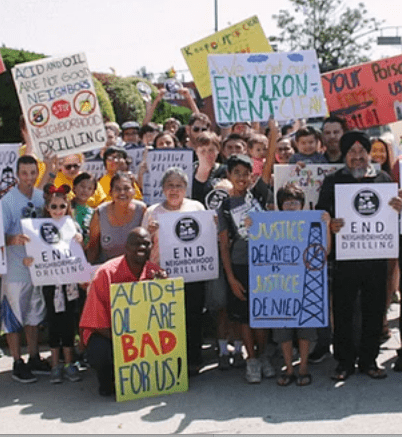
What you can do
Environmental justice is a complex, sprawling and multifaceted issue. It is natural to feel overwhelmed and wonder if any one person’s acts can make a difference. Clearly, large-scale policy actions must take place, but individual actions combined with others can cause a lasting change in behavior and press governments to do more.
Personal:
- Calculate your carbon footprint. This will help you begin to figure out where you can reduce.
- Switch to Renewable energy. If you pay your utility bill, you can determine where your energy comes from. In most cases, simply sign up through your utility’s website and select a renewable energy option. The utility company will take care of the change, and your bill will still come from your utility company. In many cases the price difference is minimal.
- Consider the “5 R’s of Zero Waste” when making purchasing decisions: Refuse, Reduce, Reuse, Recycle, Rot.
Societal:
- Do some advocacy. Make a phone call, send an email, etc. Creation Justice Ministries highlights monthly multiple actions you can take.
- Make church events waste-free. Have congregants bring their own mugs and dinnerware (remember to have extra on hand for guests), and put out receptacles for compost and recycling.
- Start a quarterly recycle day in your neighborhood, church or workplace. Use Earth911.com to see where various items can be recycled locally. For difficult to recycle items, check out Terracycle—they take everything from juice packs to cigarette butts to cell phones—which encourages community groups and offers free shipping labels.
Short-term:
- Join clean up days: Earth Day Clean Up is in April and International Coastal Cleanup Month is in September. Look for local opportunities to serve throughout the year.
- Plant a tree. Many local groups sponsor tree planting events; look for the horticultural society in your area.
Long-term:
- Reduce car and airplane trips. Nearly 30% of greenhouse gases are produced by transportation in the U.S.
- Change your diet. Nearly 15% of greenhouse gases come from meat and dairy production. That’s roughly the same amount as the emissions from all the cars, trucks, airplanes and ships combined in the world today! The New York Times’ interactive article “Your Questions About Food and Climate Change, Answered” is a quick way to learn more.
“I want you to act as if the house was on fire. Because it is.”
Greta Thunberg, teenage environmental activist
“[Climate change] is the greatest crisis humankind has ever faced.”
Jonathan Safran Foer
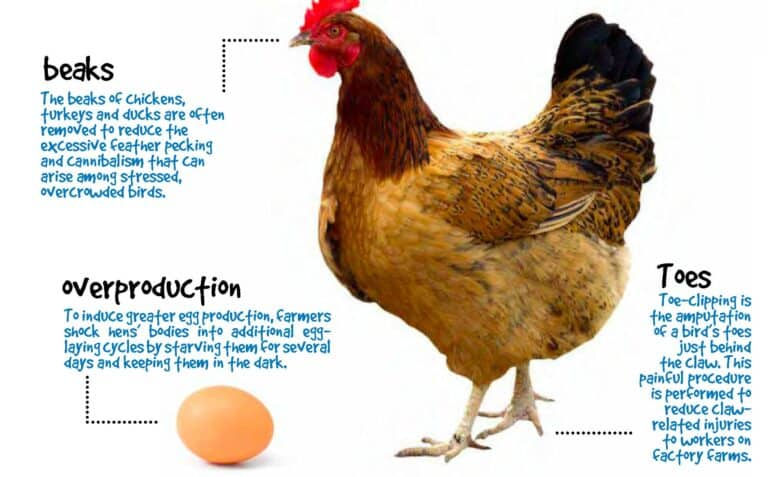
Helping Animals Helps People
By Sarah Withrow King
Stepping Over a Homeless Man to Feed a Dog (And Other Things I’ve Never Had to do as an Animal Advocate)
I’ve been an activist since I was old enough to walk.

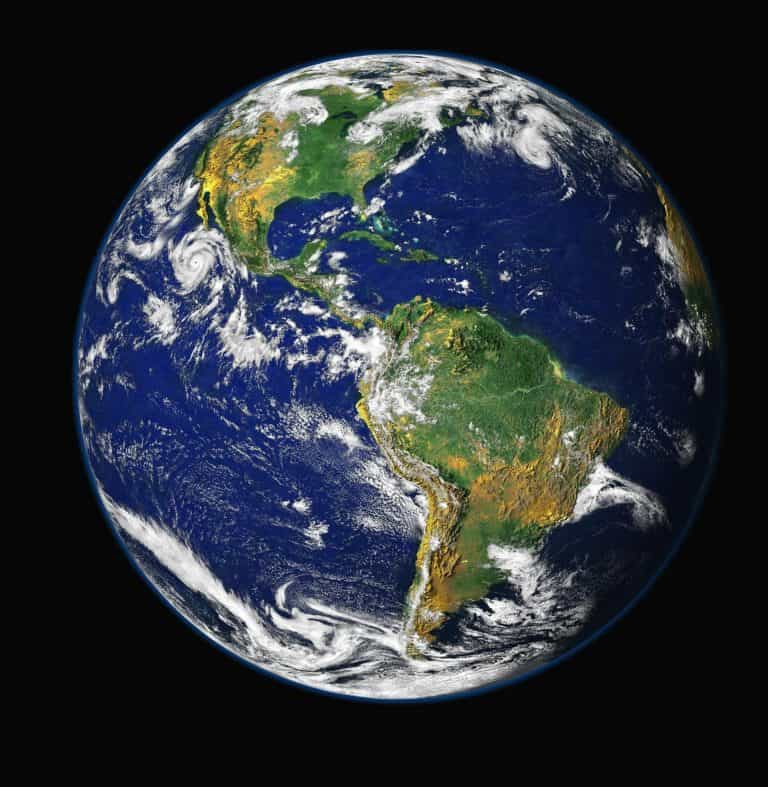
The Case for Climate Justice
By Jason Koon
“Why is our church still using Styrofoam when we have meals together?”
The question struck me as strange, not because I disagreed with the thought behind it, and not even because I thought it was unimportant.
Additional Resources
Books:
- In We Are the Weather: Saving the Planet Begins at Breakfast, Jonathan Safran Foer uses analogies, statistics, and personal hypocrisy to make the case that the best change we can make is adopting a plant-based diet.
- The Uninhabitable Earth: Life After Warming by David Wallace-Wells will scare you to death, but it also offers hope.
- The Green Bible contains articles and scripture studies on creation care, as well as a helpful concordance and subject index.
Websites:
- Blessed Earth exists to call the Body of Christ to steward the earth. It calls us to sabbath, draws on creation for spiritual insight, offers resources for students, and much more.
- Treehugger is a popular destination for up-to-date green news, with a focus on technology, design and green living. The stated goal of the site is to “drive sustainability mainstream,” and its easy-to-read content and catchy titles can get even the average Joe interested in the environment.
- Grist is an online magazine that focuses on environmental news and commentary, with a humorous and ironic twist, covering a myriad of topics from politics and business to food and climate.
- The Environmentalist is the blog run by Greenpeace, one of the leading organizations advocating for the environment while also promoting peace.
Partner organizations—each of these faith-based groups offers rich materials and ways to engage:
- CreatureKind engages churches in new ways of thinking about animals and Christian faith, with a special focus on farmed animal welfare.
- EEN (Evangelical Environmental Network) is a ministry that educates, inspires, and mobilizes Christians in their effort to care for God’s creation, to be faithful stewards of God’s provision, to get involved in regions of the United States and the world impacted by pollution, and to advocate for actions and policies that honor God and protect the environment.
- YECA (Young Evangelicals for Climate Action) convenes young Christians to take action to overcome the climate crisis as part of Christian discipleship and witness.
- A Rocha engages and equips Christians to deepen their connection to God through the active care of creation. We work in both sub/urban and rural contexts to help restore and maintain healthy ecosystems through a hands-on, community-based approach.
- Creation Justice Ministries represents the creation care and environmental justice policies of major Christian denominations throughout the United States.
